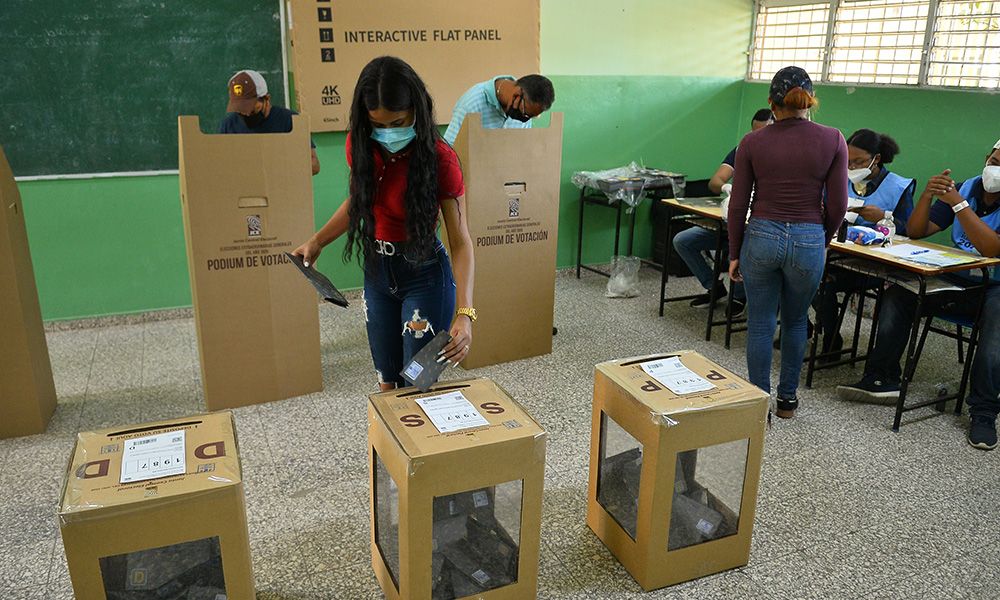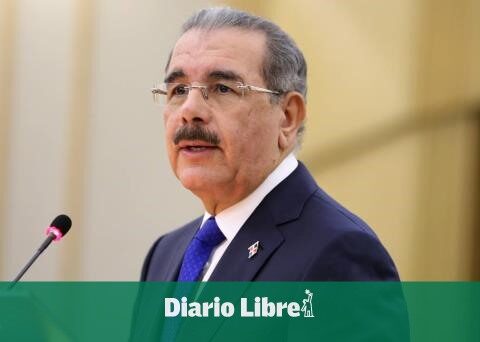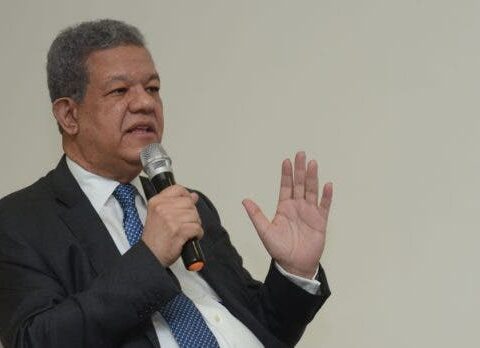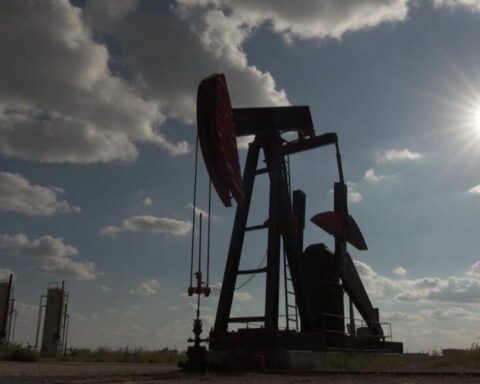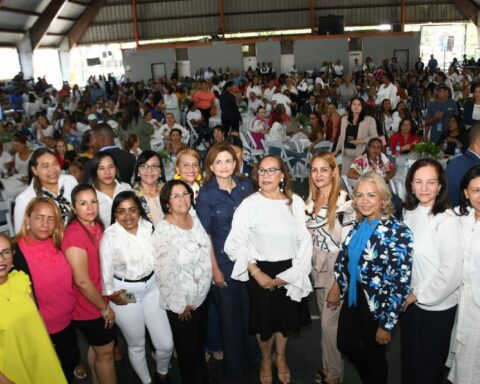Article 201 of Electoral Law 15/19 allows the publication of polls up to 8 days before the elections, but despite this, electoral opinion studies are not being published.
At this point in 2018, when there were two years to go before the 2020 elections, the Gallup poll had published an investigation that collected the feelings of the people on various issues that influence politics and on the preferences of the electorate. The same thing had happened with the pollsters Asisa and Mark Penn.
However, with less than two years to go before the 2024 elections, none of these firms has published research on what people think about various issues and about the intention of votes.
Faced with this reality, social networks have become the setting for the publication of opinion studies. The various political groups are in charge of ringing numbers according to their convenience. Furthermore, in various partisan and non-partisan groups, unpublished poll comments are the order of the day.
By the end of March 2018, the Gallup poll published by the Hoy newspaper completed the publication of a study that collected the rejection of 46% to modify the Constitution for the reelection of then President Danilo Medina. According to that study, 45% approved of his management and Luis Abinader, by then former presidential candidate of the Modern Revolutionary Party (PRM), had the approval of 31% to be a candidate again for that party and 49.9%%, answered that he did not know . By then, 14% responded that they would like the next president to be Leonel Fernández and 18% Abinader.
19% of those consulted understood that the PLD presidential candidate should be Danilo Medina, 18% Fernández and 4% Margarita Cedeño. The Mark Penn survey, from the SIN group, published a study in August 2018, which established that a competition between Fernández and Abinader, the first would reach 33% and the second 31%.
In that same study, when respondents were asked who the PLD presidential candidate should be, 24% responded in favor of Leonel or Danilo and 21%, Margarita.
The Asisa survey published an opinion study in which it established that the PLD maintained the preferences of the electorate with 52% of preferences; the PRM had 27% and the PRD 5.7%. In that study, 43% preferred Fernández as presidential candidate, 31% Danilo Medina and 17% Margarita Cedeño.
what the law says
From article 198 to 201, the Electoral Regime Law, 15-19, deals with the issue of polls in the context of elections. Based on this legal framework, polls in order to publish opinion studies are required to register with the Central Electoral Board and meet a series of requirements.
The publication of research on voting intentions is prohibited eight days before the elections. The JCE also authorizes pollsters to conduct exit polls on voting day, but prohibits publishing the results.

